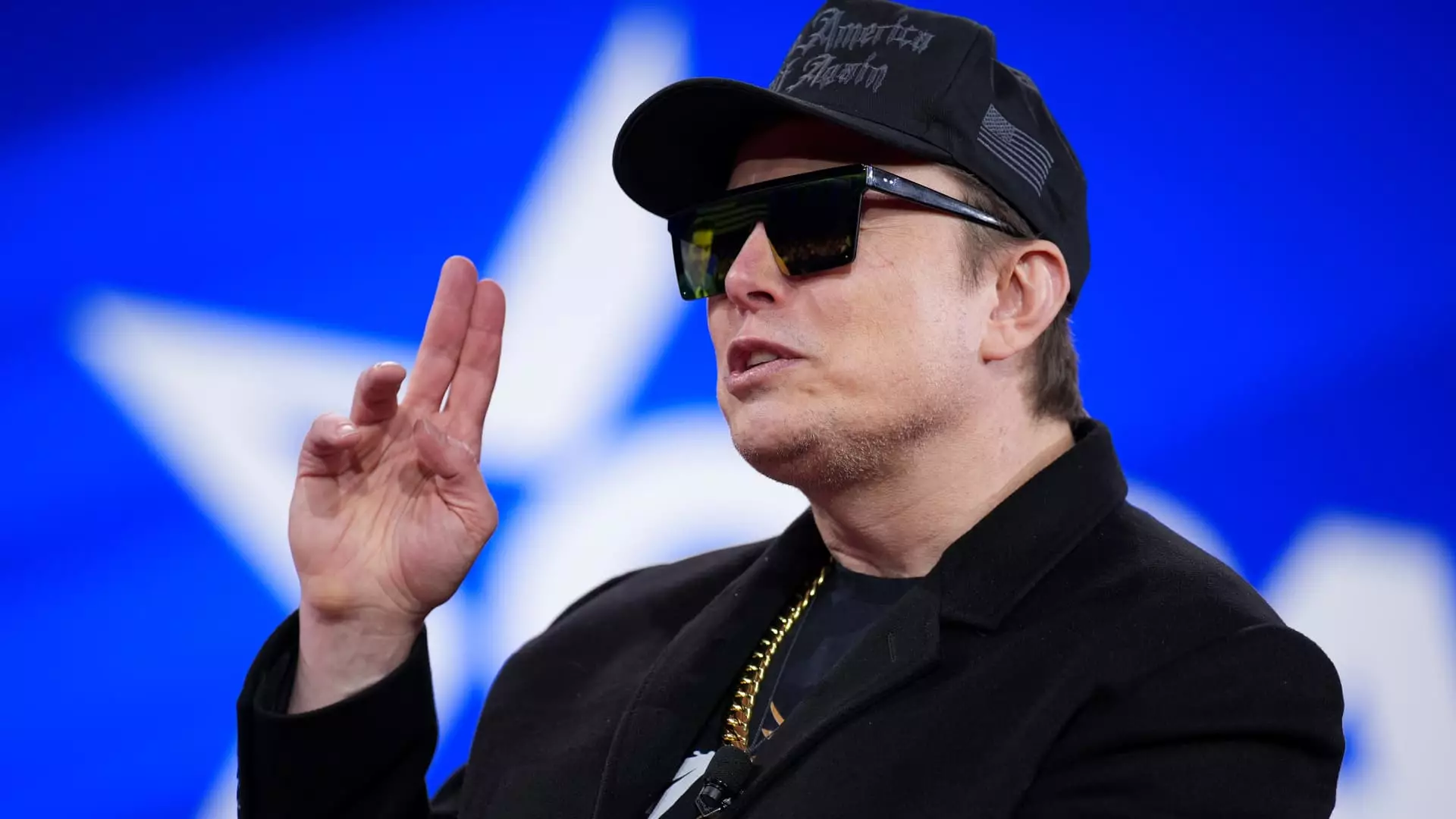In a bold and controversial move, the federal government, under directives from President Donald Trump and tech mogul Elon Musk, has sparked a significant backlash among federal employees. The initiative, referred to as DOGE—Department of Government Efficiency—aims to streamline operations and reduce the workforce within federal agencies. However, recent communications from the Office of Personnel Management (OPM) have led to confusion and tension amongst employees, prompting legal responses from labor unions.
The catalyst for the current uproar was an email circulated by OPM to federal workers, demanding a report of their accomplishments from the previous week, with a threatening ultimatum stating that failure to comply would be interpreted as a resignation. The message arrived as federal employees grappled with their job security in an already uncertain environment. The blend of Musk’s entrepreneurial assertiveness and the administration’s push for efficiency raises fundamental questions about the approach taken toward public service, as well as the respect afforded to federal workers who serve their communities.
In response to OPM’s newly enforced reporting policy, several unions, spearheaded by the American Federation of Government Employees (AFGE), filed a lawsuit against OPM and its acting director, Charles Ezell. The primary aim of this legal action is to prevent the termination of “tens of thousands of federal employees,” which the unions argue contradicts existing federal laws and constitutional protections. The unions contend that prior to this initiative, no formal procedure or public announcement was made regarding such requirements for federal employees, pointing toward a lack of due process.
The amended lawsuit brought forth urgent allegations that OPM’s sudden mandate violated established protocols meant to govern employee oversight and administrative changes. Union leaders argue that the abrupt nature of the email and threat reflects a broader disdain for the complexities of federal work—a sentiment echoed by many who feel Musk’s immense wealth and status as an unelected authority generate a disconnect from the realities of civil service.
As federal employees scrambled for clarity, many agencies issued conflicting directives regarding OPM’s email. High-profile departments such as the FBI, Justice Department, and Defense Department advised their personnel against responding to OPM’s intrusive request. Meanwhile, the Transportation Department encouraged compliance, further compounding uncertainties and alarm among federal employees.
This lack of cohesive communication reflects a troubling trend within government operations, particularly regarding the treatment of those employed to serve the public. The mixed messages amplified the perception of a chaotic work environment, leaving many federal employees feeling vulnerable and bewildered as they navigated competing instructions from their superiors.
Elon Musk’s tweet amplifying the OPM email message not only exemplifies the growing influence of social media in government communications but also raised ethical questions about the power dynamics at play. Musk’s statement, which suggested that failure to provide accomplishments would be taken as resignation, elicited strong reactions from labor leaders who criticized the approach as cruel and disrespectful.
Everett Kelley, president of AFGE, articulated this sentiment, highlighting the implications for the morale of dedicated public servants. Musk, who is often celebrated for his innovative approach in the private sector, faced criticism for seemingly applying corporate strategies to an arena where human resources and emotional well-being are critical components of workplace culture.
As the legal proceedings move forward, the unions’ request for a temporary restraining order is set to be heard soon. The outcomes could have far-reaching implications for the stability of the federal workforce, which is already under strain due to budget cuts and changing administrations. Unions are contending that the approach taken by Musk and his administration could set a dangerous precedent undermining the rights and protections traditionally afforded to federal employees.
In a broader context, this situation serves as a reminder of the importance of procedural integrity and respect for labor rights in government. As the case unfolds, it will be essential to consider how the actions of powerful individuals can shape, and in some instances, disrupt the fabric of public service, and how that affects the individuals who dedicate their lives to serving the nation. The conversation ignited by this lawsuit is not merely about efficiency; it speaks volumes about the value we assign to public service and the accountability expected from leadership in times of transition.


Leave a Reply